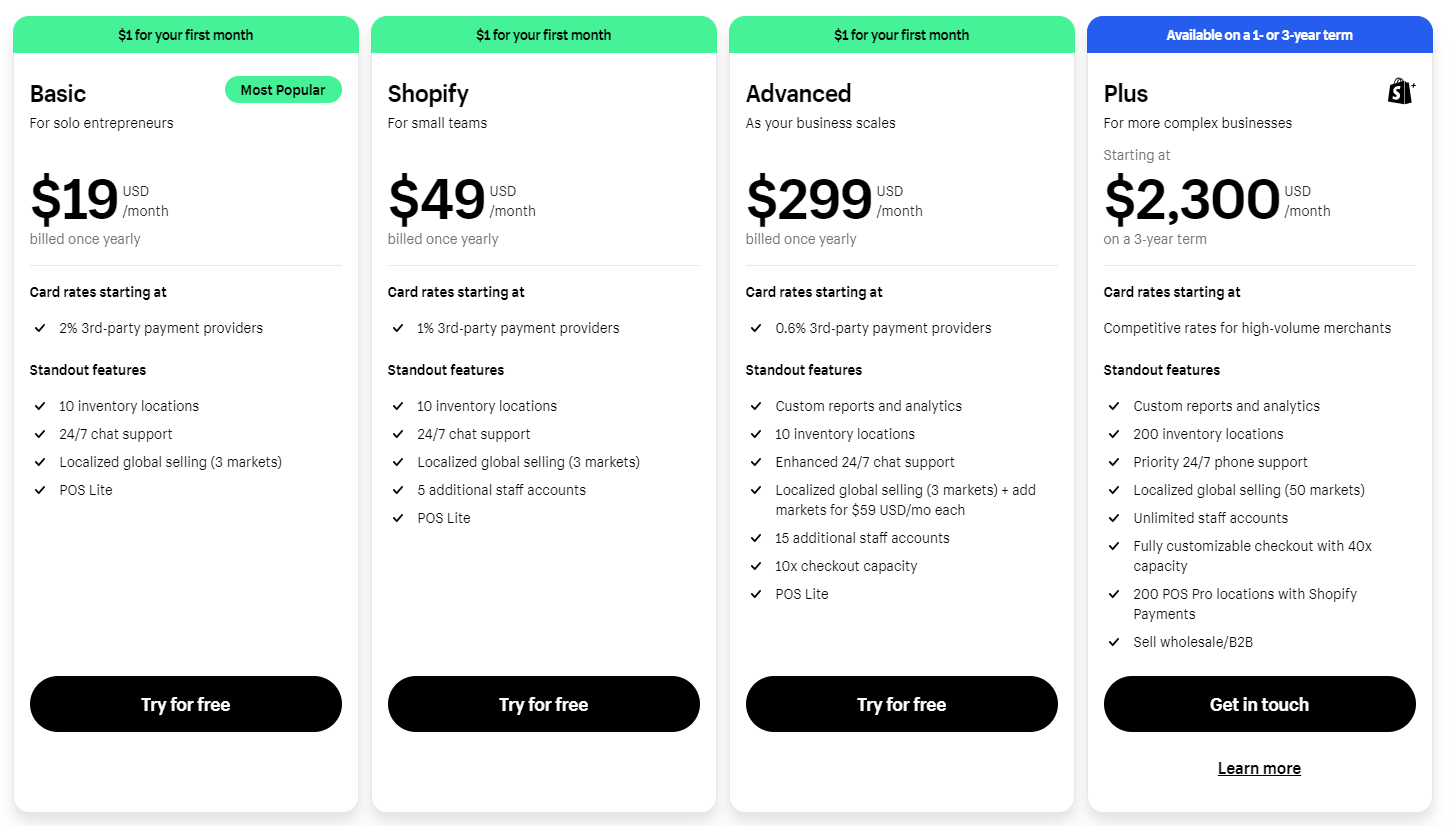
In today’s rapidly evolving commerce landscape, Direct to Consumer (DTC) business models have emerged as a disruptive force, reshaping how businesses connect with their customers. While the digital age has made it easier for brands to reach out directly to their consumers, it has also brought unique challenges in terms of accounting and bookkeeping. In this article, we’ll explore the intricacies of DTC accounting and its benefits and provide a comprehensive guide on setting up a DTC account while adhering to compliance regulations.
What is DTC Accounting?
DTC Accounting is a subfield of accounting tailored specifically for businesses that sell directly to end consumers, bypassing traditional middlemen such as wholesalers or retailers. Unlike conventional business models, where products may pass through various distribution stages, DTC businesses have a straight shot from production to consumer. This streamlined process means that the accounting approach has to be redefined to capture unique transactional data, customer interaction records, and direct sales expenses.
Benefits of DTC Accounting
The rise of DTC businesses isn’t merely a trend; it’s a strategic response to changing consumer preferences and technological advancements. As such, DTC accounting offers several benefits:
- Granular Financial Data: With direct sales, businesses gain access to detailed financial records, from individual transactions to overarching sales trends, providing invaluable insights.
- Enhanced Inventory Control: DTC accounting allows businesses to have real-time updates on inventory levels, reducing holding costs, and minimizing waste due to expired or unsold stock.
- Customer Insights: Direct sales lead to richer datasets about customer preferences, buying habits, and feedback. Such data can guide product development, marketing strategies, and personalized consumer engagement.
- Faster Revenue Recognition: Direct sales can lead to quicker revenue recognition, aiding in improved cash flow management and financial forecasting.
How to Set Up a DTC Account

Embarking on the DTC journey requires setting up a dedicated accounting system that can capture the nuances of this business model. Here’s a step-by-step guide:
- Define Your Requirements: Before you even begin, take stock of your business’s specific needs. How many sales do you project? Will you be dealing with international consumers? Answering such questions will inform your approach.
- Choose the Right Accounting Software: While many accounting tools are available, opt for ones that cater specifically to DTC businesses. They should be able to integrate seamlessly with your e-commerce platform, track direct sales, and handle online transaction nuances.
- Customize Your Chart of Accounts: Tailor your chart of accounts to include categories specific to DTC. This might mean creating accounts for direct marketing expenses, e-commerce platform fees, or return and refund expenses unique to online sales.
- Automate Where Possible: To handle the volume of direct transactions and the dynamic nature of online sales, employ automation. Automatic invoice generation, real-time inventory updates, and sales analytics can be game-changers.
- Integrate Payment Gateways: Direct sales usually involve online payments. Ensure that your accounting software integrates well with your payment gateways to streamline revenue tracking.
- Train Your Team: Even the best systems can falter if not used correctly. Ensure your financial team understands the nuances of DTC accounting. Regular training and updates are essential.
DTC Accounting Regulations and Compliance
Navigating the regulatory landscape is crucial for DTC businesses. Here are key areas to focus on:
- Sales Tax Compliance: Sales tax becomes intricate in DTC models, especially if you’re selling to consumers across different states or countries. Ensure you’re collecting the correct tax amounts and remitting them appropriately.
- International Regulations: If you’re selling internationally, you’ll need to understand and comply with the financial regulations of each country you’re operating in. This can involve additional taxes, customs duties, and specific financial reporting standards.
- Consumer Data Protection: Handling online transactions means dealing with a plethora of consumer data. Regulations such as the General Data Protection Regulation (GDPR) in the European Union lay out strict rules on data handling and protection.
- Financial Reporting: Adhere to the Generally Accepted Accounting Principles (GAAP) or the International Financial Reporting Standards (IFRS), depending on your business’s location and scale. Regular audits and transparent reporting are essential for building consumer trust and avoiding legal pitfalls.
In conclusion, DTC accounting is both an exciting and challenging domain. It offers businesses the chance to directly interact with their consumers, but also demands a revamped approach to financial management. By understanding the basics, recognizing the benefits, setting up a robust system, and staying compliant, DTC businesses can harness the full potential of this innovative model. With the right tools and strategies, DTC accounting can be a linchpin in achieving business success in the modern e-commerce era.
Common Challenges with DTC Accounting
Navigating the DTC landscape is no small feat. It offers a plethora of opportunities, but it isn’t devoid of challenges. Understanding these challenges can help businesses better prepare and develop effective strategies to mitigate them. Here are some of the most common hurdles DTC businesses face in terms of accounting:
- Sales Tax Complexity: One of the most daunting challenges is understanding and adhering to various sales tax regulations, especially for businesses selling to multiple states or countries. This complexity can lead to inadvertent under-collection or over-collection of sales tax.
- Inventory Management: The direct-to-consumer model can cause fluctuations in demand, which makes inventory management tricky. Forecasting needs to be spot on to avoid excess stock or stockouts.
- High Volume of Transactions: With direct sales, especially during promotions or holiday seasons, there can be a massive influx of transactions. Managing these effectively without errors is a significant challenge.
- Return and Refund Management: Online sales typically have a higher return rate than traditional sales. Managing returns, ensuring refunds, and accounting for them can be a meticulous process.
- Dynamic Pricing: DTC businesses often employ dynamic pricing strategies, where prices change based on demand, time, or customer behavior. Accounting for these variations accurately is paramount.
Tips for Doing DTC Accounting

Overcoming the inherent challenges of DTC accounting requires a combination of knowledge, strategy, and adaptability. Here are some pivotal tips:
- Stay Updated on Tax Laws: With ever-evolving sales tax regulations, especially across various jurisdictions, staying updated is essential to avoid legal complications.
- Embrace Automation: Given the high volume of transactions and the dynamic nature of DTC sales, automating wherever possible can reduce errors and improve efficiency.
- Regularly Audit & Reconcile: Ensure regular audits of your financial records and reconciliation with bank statements to identify and rectify discrepancies promptly.
- Implement Robust Inventory Management: Use advanced tools to forecast demand, track inventory in real-time, and set up alerts for stock levels.
- Develop a Clear Return & Refund Policy: Having a well-defined policy not only streamlines the return process but also helps in accurate accounting and enhances customer trust.
- Consult Experts: DTC accounting has its nuances. Consulting with accounting professionals familiar with the DTC model can provide invaluable insights.
Tools That Can Help with DTC Accounting
Leveraging the right tools can simplify the intricate aspects of DTC accounting. Some noteworthy tools include:
- Shopify: While primarily an e-commerce platform, Shopify offers robust tools for tracking sales, processing returns, and managing inventory. It also integrates seamlessly with many accounting software.
- QuickBooks Online: This cloud-based software allows real-time tracking of sales, expenses, and profits. It also offers features tailored for DTC businesses and integrates with many e-commerce platforms.
- TaxJar: This tool specializes in sales tax. It automatically determines sales tax rates based on the buyer’s location, keeps track of changing tax laws, and even auto-files tax returns for you.
- Stitch Labs: An inventory management solution perfect for DTC businesses, it offers advanced inventory tracking, forecasting tools, and integrates with various e-commerce platforms.
- Zapier: A tool for automation, Zapier can connect your e-commerce platform, accounting software, email marketing tools, and more to ensure data flows seamlessly between them.
Frequently Asked Questions
How is DTC accounting different from traditional accounting?
DTC accounting focuses on direct sales, e-commerce platform fees, and the nuances of online transactions, whereas traditional accounting might handle multiple stages of distribution.
What are some key accounting considerations for DTC businesses?
Sales tax management, inventory control, high volume transactions, dynamic pricing, and managing online returns are primary concerns.
What’s the significance of tracking customer acquisition costs (CAC) in DTC accounting?
Tracking CAC helps gauge the efficiency of marketing campaigns and determine the profitability of acquiring new customers.
Is inventory management different for DTC businesses?
Yes, due to the direct nature of sales and rapid fluctuations in demand, DTC businesses need more precise and real-time inventory management.
How do you handle sales tax in DTC accounting?
Stay updated with regional tax regulations, use automated tools, and consider seeking expert advice for international sales.
What Is EcomBalance?

EcomBalance is a monthly bookkeeping service specialized for eCommerce companies selling on Amazon, Shopify, Ebay, Etsy, WooCommerce, & other eCommerce channels.
We take monthly bookkeeping off your plate and deliver you your financial statements by the 15th or 20th of each month.
You’ll have your Profit and Loss Statement, Balance Sheet, and Cash Flow Statement ready for analysis each month so you and your business partners can make better business decisions.
Interested in learning more? Schedule a call with our CEO, Nathan Hirsch.
And here’s some free resources:
- Monthly Finance Meeting Agenda
- 9 Steps to Master Your Ecommerce Bookkeeping Checklist
- The Ultimate Guide on Finding an Ecommerce Virtual Bookkeeping Service
- What Is a Profit and Loss Statement?
- How to Read & Interpret a Cash Flow Statement
- How to Read a Balance Sheet & Truly Understand It
Conclusion
The Direct to Consumer model has revolutionized the way businesses interact with and sell to their customers. This shift from traditional sales channels to a more direct approach has necessitated a corresponding evolution in accounting practices. With its unique challenges, DTC accounting demands precision, adaptability, and a thorough understanding of the digital landscape. While the nuances might seem overwhelming, the benefits it offers in terms of direct insights and enhanced profit margins are undeniable. Embracing the right tools and strategies, along with continuous learning and adaptation, businesses can ensure that their DTC accounting practices are not only compliant but also optimized for growth and success. As the world continues to lean towards more direct digital interactions, mastering DTC accounting will be a key determinant in the success of many modern businesses.









